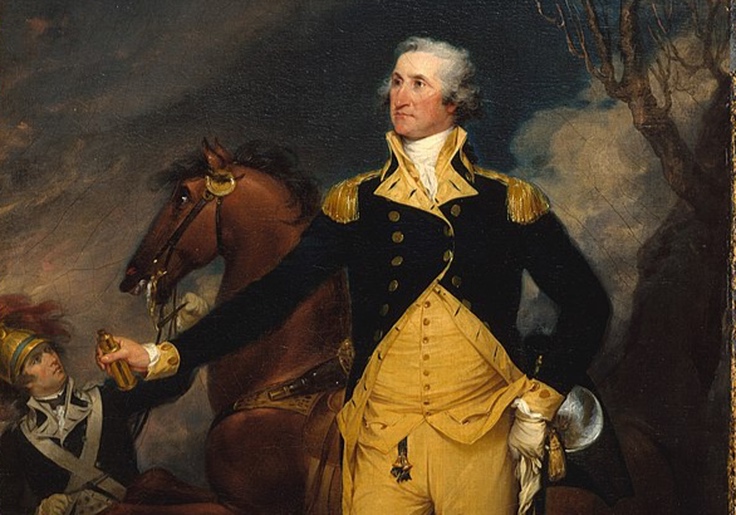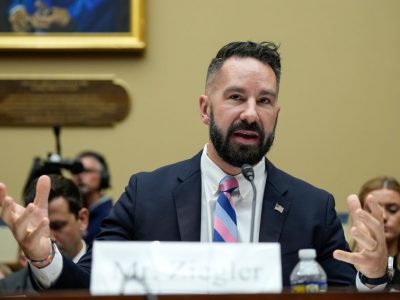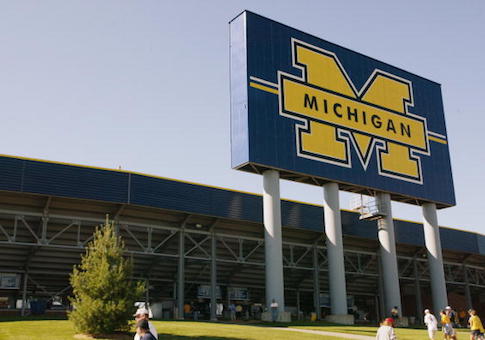In the last month and a half alone, University of Michigan students have faced two shootings and five sex crimes, including one that occurred inside a campus building. That hasn't stopped the school from hosting a project that works towards the elimination of campus police.
Assistant professor Charles H.F. Davis III in 2020 founded the University of Michigan's Campus Abolition Research Lab, which aims to "disrupt and dismantle the carceral university" and create "police-free futures." As part of that effort, the lab publishes a "#PoliceFreeCampus Podcast" and hosts campus events that teach students how to become "campus abolitionists." Davis in recent weeks has also reiterated the need to abolish police "now." Davis and his lab have not, however, commented on the recent crime wave that has plagued his university's campus.
In late May, a man approached a female student from behind and groped her before carrying on throughout campus and exposing his genitals to other female students, the school's public safety department said in a crime alert. Just days later, on June 4, a man approached a small group walking a block from campus and shot one of the group's members following an argument. The next night, a woman attacked a man with a folding knife inside of student housing and fired shots through the man's window before fleeing. And in the first week of July, two women were sexually assaulted near a dorm and inside of the school's robotics building, respectively.
So far, the university has not adopted its Abolition Research Lab's suggestions and has instead used the Ann Arbor Police Department and its own armed campus security force to respond to the crimes. Still, many cities and universities alike have pursued plans to defund police—only to renew their relationships with law enforcement thereafter. A majority of Minneapolis's city council, for example, pledged to defund police in the summer of 2020, but members later said the pledge "created confusion" and was made merely "in spirit." The state's flagship school, University of Minnesota Twin Cities, in 2020 also said it would no longer contract with the Minneapolis Police Department to provide additional security at football games and other events. The school reversed course last year.
It's unclear how Davis, who did not return a request for comment, would aim to combat shootings and sex crimes should the campus become "police free." Davis has in some cases acknowledged that his abolitionist ideas are more theoretical than practical. During a recent episode of his lab's "#PoliceFreeCampus Podcast," Davis said that while abolition skeptics may ask for "solutions," he doesn't "have all of them."
"People often are going to ask for solutions," Davis said. "That’s always a looming question: ‘Well, what about x?’ And, admittedly, we don’t have all of them." Davis later called his work an "exercise of imagining."
A group affiliated with the University of Michigan's Campus Abolition Research Lab, #PoliceFreeCampus, has echoed Davis's uncertain rhetoric. An FAQ document on the group's resource page addresses a central concern with police abolition: In a "police-free future," who should a citizen call when a violent crime occurs? The document admits that "in this long transition process, we may need a small, specialized class of public servants whose job it is to respond to violent crimes," adding that such a proposal is "one option, and it’s an option that brings up as many questions as it answers."
The University of Michigan distanced itself from its Campus Abolition Research Lab, telling the Washington Free Beacon that the lab "isn't funded by the university." But the lab's affiliate group, #PoliceFreeCampus, says on its website that it has produced studies thanks to "funding from the National Center for Institutional Diversity at the University of Michigan." The university did not answer questions about that funding.
The school is no stranger to diversity, equity, and inclusion efforts. It has the largest number of DEI staffers of any university in the country and in 2021 launched a Center for Racial Justice, which aims to expand "knowledge about the complex intersections between race and public policy" and engage students and scholars "in social justice work focused on racial equity." But the school's own data indicate that those efforts have not helped matters—as the number of DEI officials ballooned, nearly all measures of student satisfaction plummeted.












